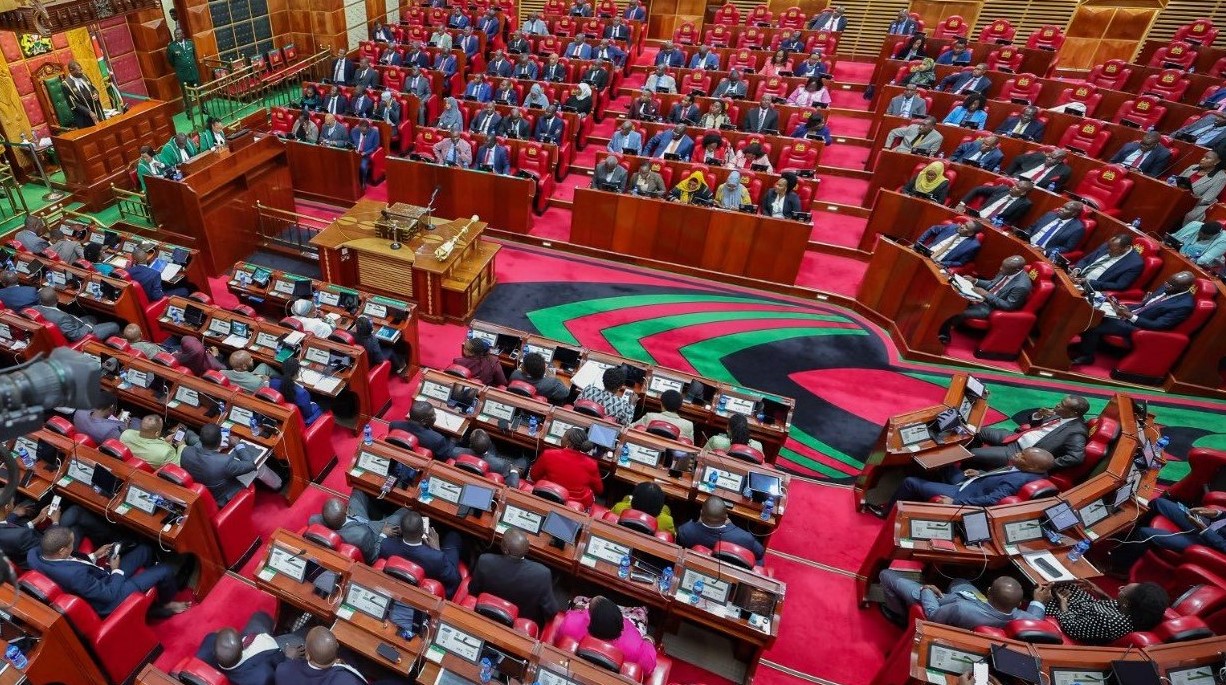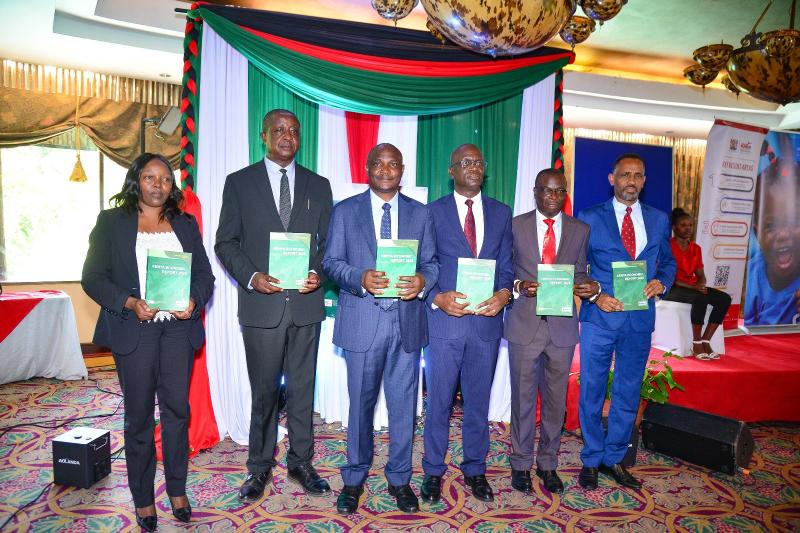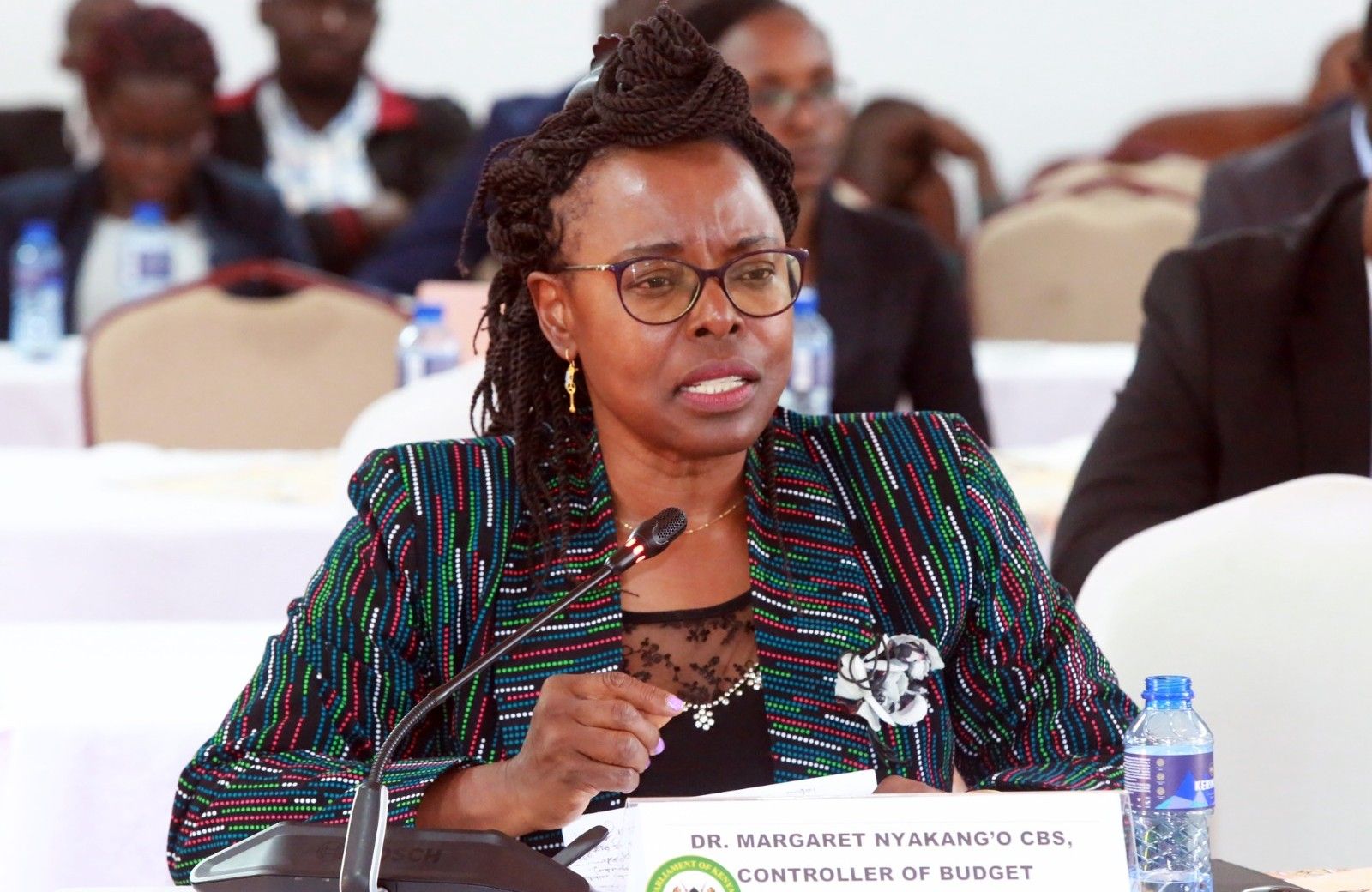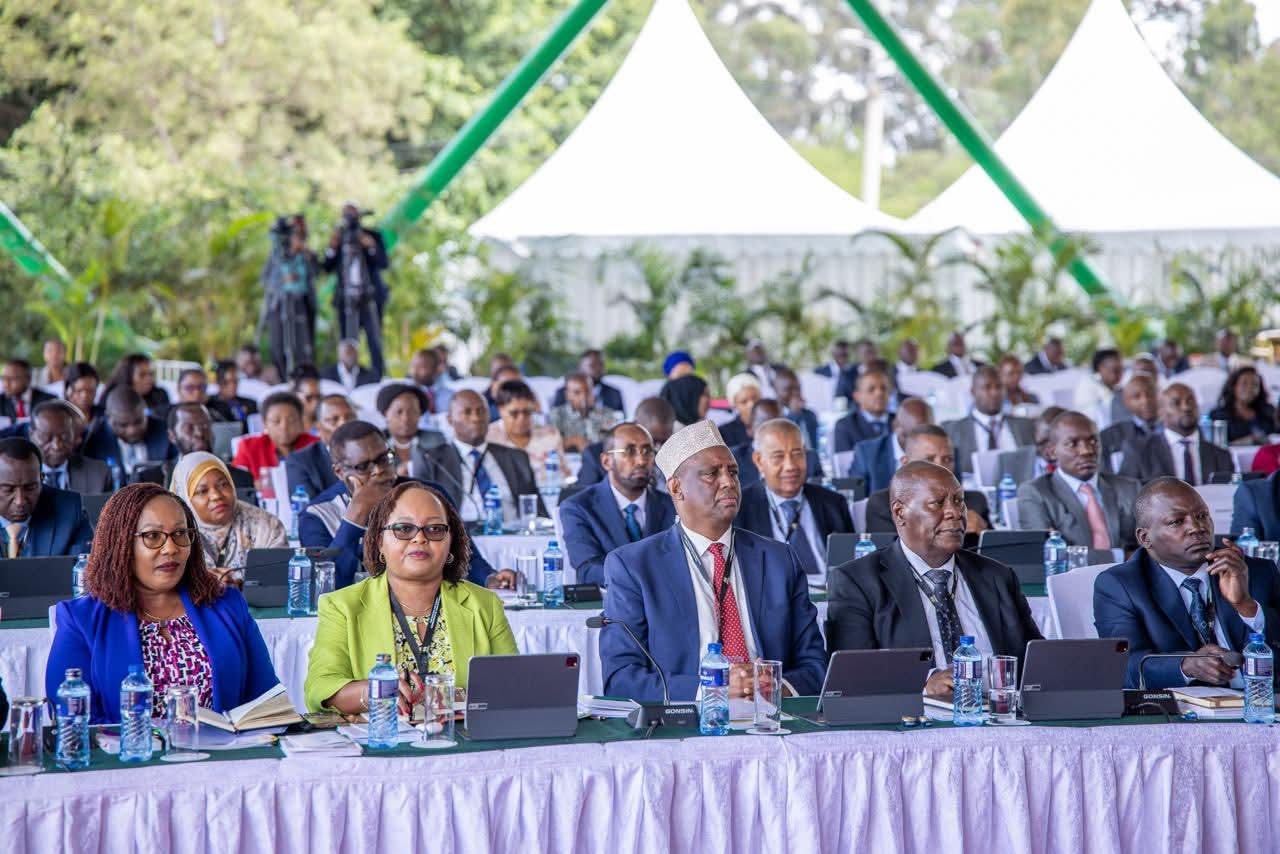MPs challenge legality of Sh5 billion tax holiday for steel firm

MPs are now calling for accountability, seeking penalties for those involved in what they consider an irregular tax exemption process.
A National Assembly committee has expressed serious concerns over tax relief agreements that have granted substantial exemptions to select companies.
These arrangements, referred to as Special Operating Framework Agreements (SOFA), have been deemed unconstitutional, prompting calls for scrutiny from lawmakers.
More To Read
- Weak taxation of wealthy costs Kenya Sh130 billion annually, report finds
- Ex-Nairobi governor Sonko gets relief as Tribunal directs KRA to unfreeze his bank accounts
- MPs demand SHA clears Sh10 billion in pending NHIF bills within three months
- MPs fault State officers over mismanaged road projects
- MPs warn Sh2.4 billion tax dispute between KRA and NG-CDF could paralyse constituencies
- Businesses granted 30-day relief on long-stay container charges at Mombasa port
The Delegated Legislation Committee, chaired by Ainabkoi MP Samuel Chepkonga, took a firm stance against the SOFA arrangements, particularly criticising the clause that prohibits disclosure of forgone taxes.
The committee's resolution comes amid a review of the tax relief given to Blue Nile Rolling Mills, a steel-making company that entered into a 10-year agreement with the National Treasury and the Ministry of Industrialisation in 2020.
This deal has reportedly led to a loss of about Sh5 billion in potential tax revenue for the Kenya Revenue Authority (KRA).
MPs are now calling for accountability, seeking penalties for those involved in what they consider an irregular tax exemption process.
Under the current agreement, Blue Nile Rolling Mills is enjoying a reduced corporate tax rate of 10 per cent for the first five years, along with VAT exemptions on goods purchased locally or imported for steel production.
"Article 7 of the purported SOFA arrangement on confidentiality is unconstitutional," the committee stated in a report presented in Parliament.
The inquiry was launched after Kiambaa MP Njuguna Kawanjiku raised concerns about the legality and fairness of the tax exemptions awarded to the steel firm.
The committee's investigation examined the legal foundation of these exemptions, the advantages given to the company, and the potential effects on government revenue and the local steel industry.
Ultimately, the committee concluded that the SOFA arrangement lacked the necessary transparency, accountability, and public participation required by law.
"The SOFA was a statutory instrument that should have been submitted to the National Assembly for consideration under the Statutory Instruments Act. Consequently, the committee observed that the SOFA was null from the outset," the MPs declared.
It was revealed that the Treasury did not publish a gazette notice or submit the agreement to the National Assembly for approval, thus circumventing necessary legislative oversight.
MPs expressed their frustration over being excluded from the process that granted the tax exemptions, arguing it denied them the opportunity to provide oversight.
"This House resolves to declare that the said Special Operating Framework Agreement was done outside the bounds of the law," the committee concluded.
Other Topics To Read
Top Stories Today











































